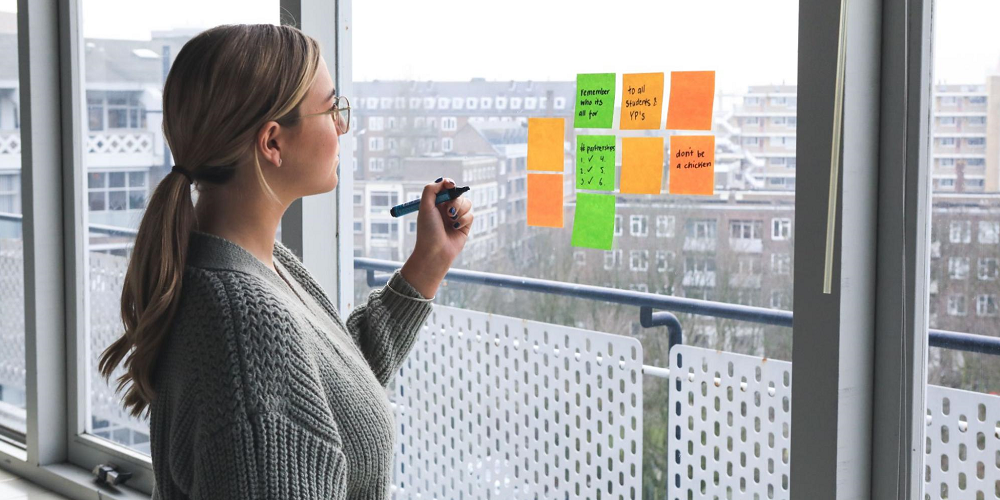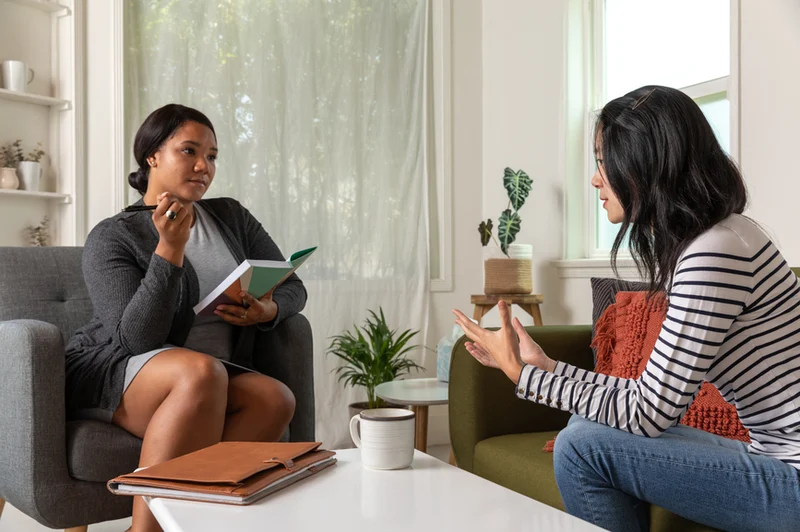Experiencing low mood now and then is normal. But there are easy ways to support yourself. Try our 9 tips to help you feel better and shift your mood — fast.
Why are you feeling low? Common causes of low mood
It’s critical to carry around resources that can assist you in managing emotions such as depression, low mood, and lack of enthusiasm. It’s normal to feel this way, but when it starts to happen more frequently than not, it’s time to look into the possible reasons.

- Stress: It makes sense that your happiness levels would decline when you’re overburdened with personal matters, financial obligations, or deadlines. Extended periods of stress can sap your vitality and impair your judgment.
- Burnout: Constantly working? Always going above and beyond what you can do? Burnout is the state of extreme physical and mental tiredness that occurs when one truly needs time off.
- Overwhelm: It’s common to feel stuck when obligations and tasks mount up. You are caught in a vicious cycle of overwhelm and are unable to move forward.
- Unresolved emotional issues: Emotional scars, unresolved feelings, and past traumas can all contribute to our low mood.
- Hormonal shifts: Occasionally, our own bodies may be to blame. Hormone imbalances can have a direct effect on our mood and energy levels. These imbalances are frequently caused by medical conditions, medications, the menstrual cycle, or even normal life stages.
Making a change starts with identifying the underlying cause. Finding the source of your poor mood will help you come up with self-supporting measures.
Nine strategies to lift your spirits when you’re feeling down
Life is full of highs and lows.. Even though it’s normal to feel depressed from time to time, knowing some feel-better techniques can help you lift your spirits.
Finding your way to feeling better might require some trial and error. It’s all about discovering what works when you need a boost. Here are some of our favorites.
1. Start your day with meditating (or anytime you need to).

Kick-start your day with a 10-minute meditation session. Find a comfy spot, and if you’re a beginner, guided meditation can be helpful. Meditation can also give you a boost at any time of day if you’re feeling low. Pick a session that resonates and notice the impact of taking a few mindful minutes with yourself.
💙 Use Jay’s playlist of mindful morning music to brighten your morning after your practice.
2. Try some other mindfulness activities
Being totally present in whatever you’re doing is the essence of mindfulness. It could be as simple as taking a deep breath, centering yourself, putting on some soothing music, or even just scribbling in a notebook. Whatever you decide to do, make sure you fully experience the moment.
Distribute these tasks throughout your day to allow yourself a brief period of serenity and understanding. You can even make eating mindfully an activity. As you eat, use all of your senses to appreciate the flavor, texture, and aroma of your food.
💙 If you’re new to these concepts, explore Mindfulness for Beginners.
3. Move your body
💙 Consider incorporating our guided Mindful Walking practice into your daily stroll to cultivate mindfulness.

Ever noticed that post-workout high? When you exercise, your body releases feel-good chemicals. Being active also helps you focus your energy elsewhere by taking your mind off of negative things. Find an exercise you enjoy doing to improve your mood, whether it’s yoga, dancing in your living room, or going for a walk.
4. Connect with those you love

Being social beings, humans need to connect with others to survive. Talking over a cup of coffee may seem insignificant, but it can actually be good for your health. Having a network of dependable friends and family can act as an emotional safety net for you during difficult times or depressive episodes.
💙 Relationships can be tough to navigate. See Meaningful Practice for Meaningful Friendship for assistance if you need it.
5. Set small, achievable goals for yourself

It’s the little victories every day that matter, not the big ones. Establishing modest, attainable goals helps you have direction and meaning in your day. Additionally, you feel more confident every time you cross something off a checklist. When you’re having a bad day, you should celebrate even the little things like taking a shower or making the bed.
6. Prioritize good quality sleep (or take a nap)

Your mind is as much a part of your body as it is. You can better process your feelings, unclog your mind, and revitalize your body with a restful night’s sleep. In order to feel better the next day, try going to bed early if you’re feeling down. Alternatively, try taking a midday nap and observe if your mood improves after a little sleep.
💙 If you have trouble falling asleep, our Sleep Stories are meant to assist you in dozing off. Tonight, put A Walk in the Connecticut Woods on repeat.
7. Limit your exposure to negativity

Check your vibe. Limit the things that are influencing you, such as bad news, difficult relationships, or even self-criticism.
8. Develop a gratitude practice

It can be difficult to count your blessings when you’re feeling down, but acknowledging and valuing the positive aspects of your life can change your outlook. But keep in mind that you don’t have to push it.
Making a list of your blessings is a simple way to start practicing gratitude, or it can be as complex as joining a guided meditation class. Alternatively, you could try journaling your gratitude or just counting three blessings before going to bed.
💙 There are so many ways to count those blessings and practice gratitude, but you can learn even more about how to cultivate this practice with our Gratitude masterclass.
9. Seek professional help when needed

Sometimes, we need extra support. And that’s okay. If you’re finding it hard to cope, consider speaking to a professional. They can provide resources and analysis specific to your case. This is particularly crucial if you think that anxiety, depression, or another mental illness is the cause of your low mood.
Read also : 10 Haunted Indain Roads You should never Go











